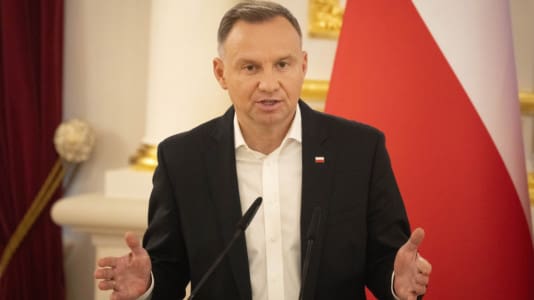In an interview with the Rzeczpospolita newspaper shortly before he left his post in Warsaw, German Ambassador Thomas Bagger complained of efforts “to sketch a caricature of Germany and Polish-German relations in the Polish public debate,” which, in his view, leads merely to the escalation of disagreements.
The problem is that it is German officials and politicians who are themselves drawing the caricatures by demanding a change of government in Poland. The latest example came from Manfred Weber, the European People’s Party (EPP) leader who decided Poland needed a “new government” to “lead it back to Europe.”
Another German politician, Michael Gahler, has said he expected his allies in the EPP, members of Poland’s largest opposition party, the liberal Civic Platform (PO), would change Poland’s stance on the controversial EU migration pact and the compulsory relocation of migrants. There was also European Commission President Ursula von der Leyen, who publicly stated that she hoped Donald Tusk would become the next Polish prime minister. German-owned media in Poland is, of course, working for that too.
Thomas Bagger should heed some advice, which he can convey to his superiors. Germany should stop trying to interfere in Polish politics, especially in the pre-election period. It should also back Poland with the European Commission because Poland has done much for Germany in helping Ukraine. It should definitely stop blocking EU post-pandemic funds meant for Poland, and it should stop ignoring history and pay reparations, return stolen Polish heritage, and pay for the forced labor Poles were subjected to during the time of the Third Reich.
It has been one year since Bagger arrived in Poland. His stay has not been a successful one, rather it has discredited German diplomacy. His comments were often controversial and ill-advised. The attacks on Poland’s conservative government were insolent and a reflection of German frustrations. Attempting to portray Warsaw as an enemy is as suicidal as Bagger’s mission to Poland.






